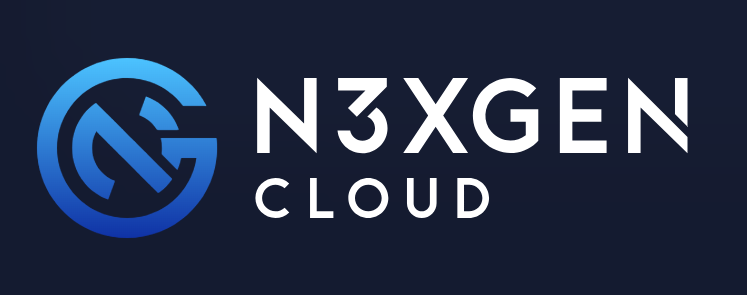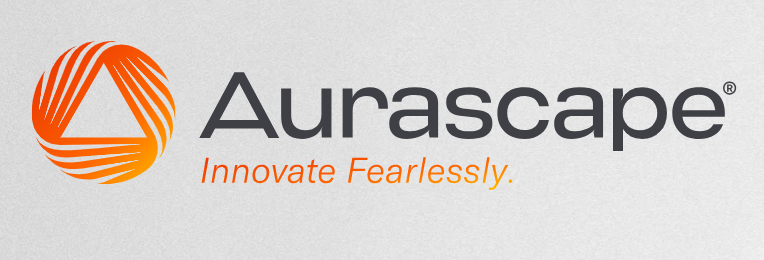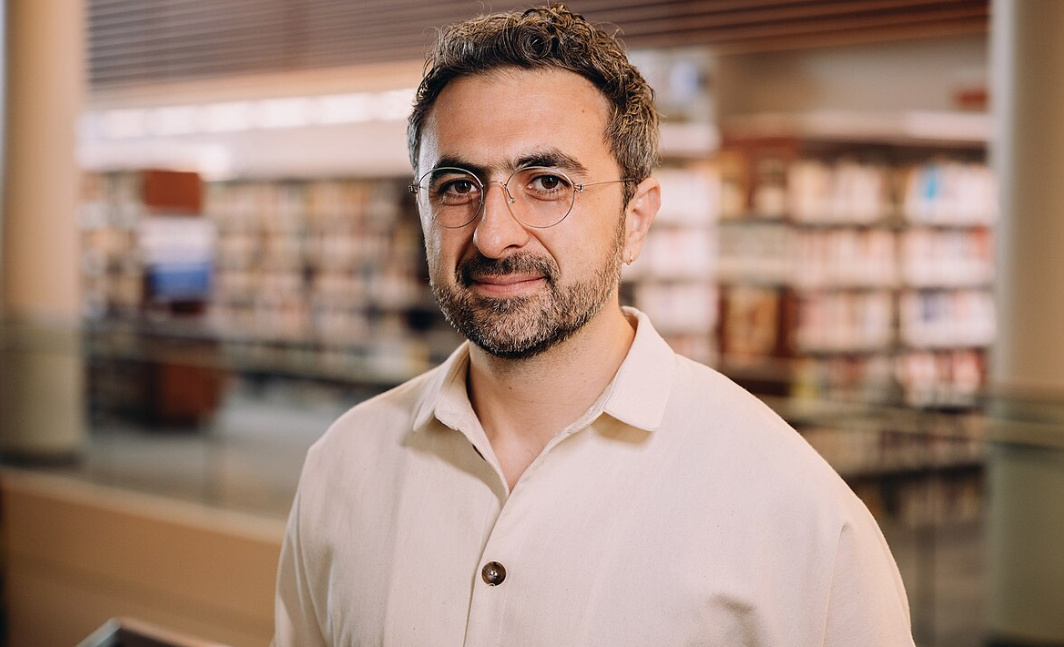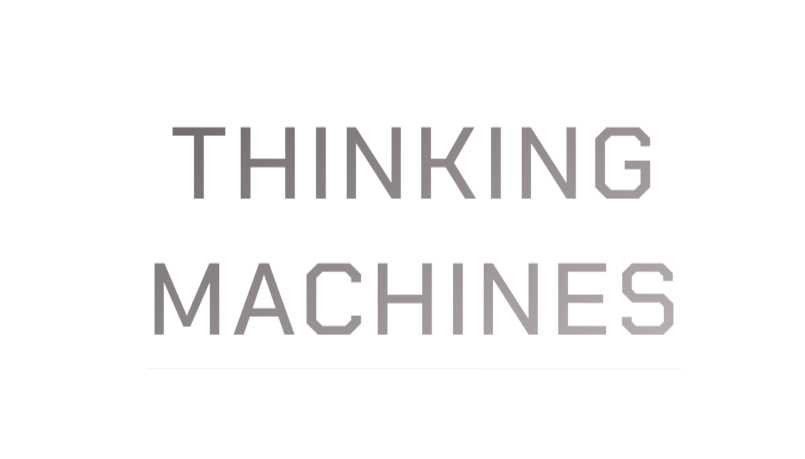An article published on the World Economic Forum’s website yesterday details that the “Future of Growth Report 2024” draws attention to how Artificial Intelligence (AI) is reshaping the job market, not only by altering existing roles but also by creating new opportunities. This transformation raises a critical issue: finding talented individuals for these emerging roles is essential to prevent talent scarcity from hindering economic growth and development.
With the global AI market expanding rapidly, it’s becoming increasingly necessary to establish standards and frameworks to ensure responsible AI usage, particularly in the commercial sector. This article delves into how various businesses are adapting to these changes and utilizing AI’s potential by giving the opinions of five business leaders.
Jeff Schumacher, CEO of NAX Group, emphasizes that AI represents a significant breakthrough in disruptive technologies, offering businesses the chance to address complex challenges, such as reducing emissions. However, to fully benefit from AI, companies must integrate it into their operations. This involves creating a feedback loop where AI models are linked to observable actions, and the data collected is used for continuous improvement. Schumacher notes that this process can be hindered by limitations in existing technology and the impracticality of internal transformation.
Carmine Di Sibio, EY Global Chairman and CEO, points out that confidence is a major barrier to AI adoption in businesses. He cites an EY survey where nearly 70% of CEOs expressed uncertainty about generative AI, impacting their strategic decisions. Concerns include data privacy, misinformation, and intellectual property issues, especially in sectors like healthcare and finance where AI has vast potential. To overcome these challenges, Di Sibio suggests a people-led approach to governance, emphasizing principles like accountability and transparency, and integrating human input to refine AI models.
Lisa Heneghan, Chief Digital Officer at KPMG, compares the impact of AI to the internet, predicting rapid advancements and widespread adoption. She warns of the risks associated with the “fear of missing out” among corporate leaders, which could lead to hasty decisions harming long-term profitability or ethical standards. Heneghan advises a balanced approach, investing in AI while focusing on building adaptable tech platforms.
Dr. John Markus Lervik, Chief Strategy & Development Officer and Co-Founder of Cognite, discusses the unique challenges industrial companies face with AI, particularly where safety is paramount. He suggests combining generative AI with industrial knowledge graphs, likening this to the data models used in digital twins. This combination can provide a controlled, real-time digital representation of assets, enhancing safety and efficiency.
Lastly, Anant Maheshwari, President and CEO of Honeywell’s Global High Growth Regions, talks about the untapped potential of AI in Operational Technology (OT) automation. He stresses the importance of integrating software and hardware strategies in OT, and how this can lead to significant returns. Maheshwari gives examples of companies successfully using AI in real estate and energy sectors, improving profit and shareholder returns.
The piece underscores the transformative power of AI across various industries, emphasizing the need for responsible implementation, confidence in technology, and strategic investments to harness its full potential.






